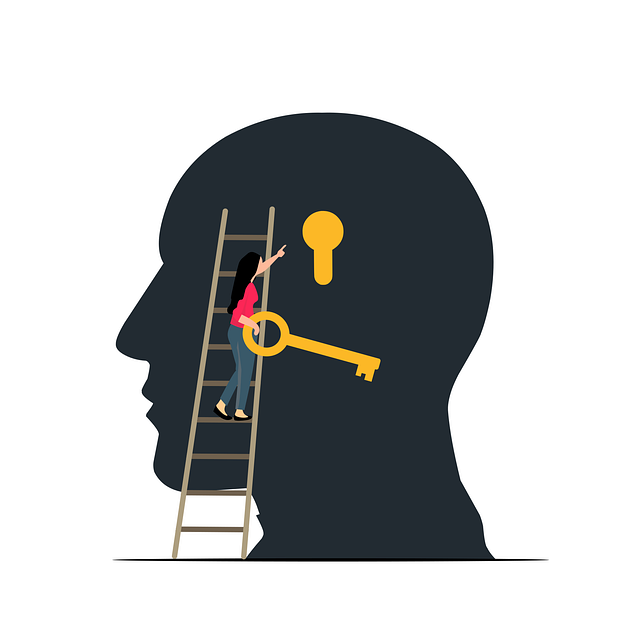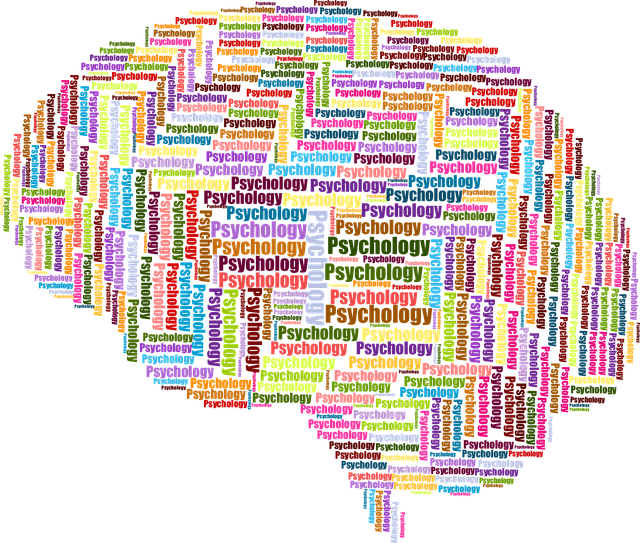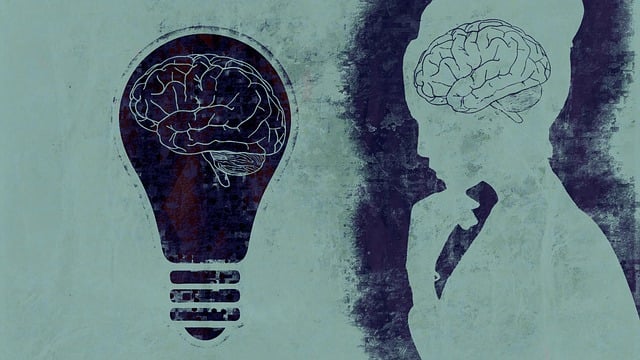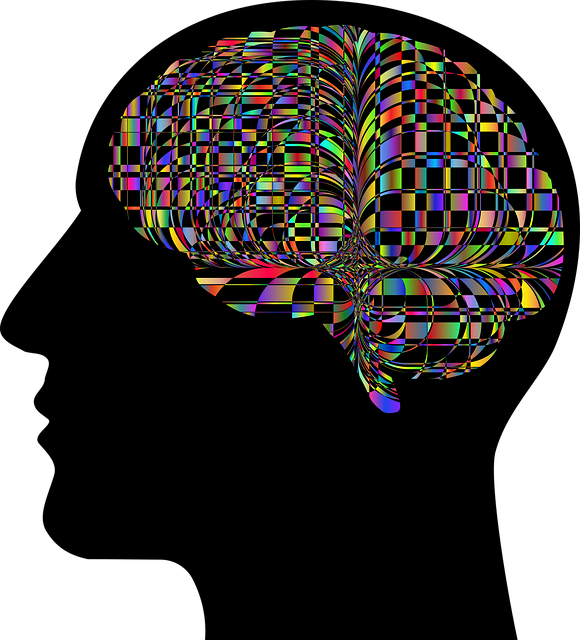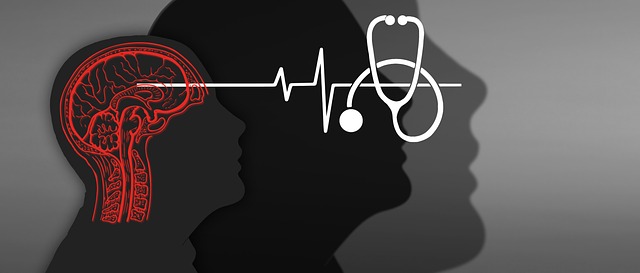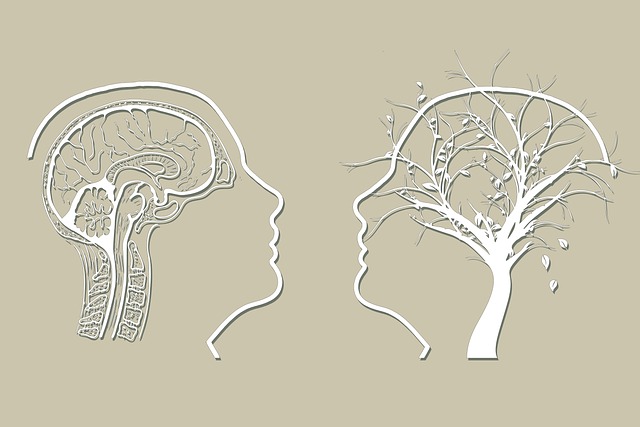Mental wellness self-assessment tools, like those developed by Westminster Terminal Illness Therapy (WTIT), empower individuals to navigate their emotional landscapes through introspection and self-discovery. These tools facilitate regular emotional regulation assessments, stress management, anxiety alleviation, and quality of life enhancement. WTIT's structured approach identifies specific areas for improvement, incorporates open-ended and multiple-choice questions, and emphasizes holistic care principles to promote emotional intelligence and coping mechanisms. Integrating AI and advanced technology further revolutionizes these assessments, providing personalized insights, crisis support, and immersive experiences to prevent burnout and improve mental health outcomes.
Mental wellness self-assessment tools have become crucial in empowering individuals to monitor and manage their mental health. This article delves into the development of such tools, offering a comprehensive guide from understanding mental wellness to integrating principles from Westminster Terminal Illness Therapy. We explore effective step-by-step strategies and future trends, including AI’s role, ensuring assessments are both robust and user-friendly. By leveraging these insights, individuals can take charge of their mental well-being in today’s fast-paced world.
- Understanding Mental Wellness Self-Assessment: A Personal Journey
- The Role of Tools in Monitoring and Managing Mental Health
- Developing Effective Self-Assessment Tools: A Step-by-Step Guide
- Integrating Westminster Terminal Illness Therapy Principles into Assessment Design
- Future Trends: AI, Technology, and Their Impact on Self-Assessment
Understanding Mental Wellness Self-Assessment: A Personal Journey

Mental wellness self-assessment tools are essential for individuals to navigate their emotional landscape and gain insights into their mental health. This personal journey involves introspection, much like exploring an intricate labyrinth, where each turn reveals a new aspect of oneself. It’s a process that encourages folks to delve into their thoughts and feelings, allowing them to identify areas requiring support or improvement.
For many, this self-discovery can be facilitated through various methods, such as journaling, meditation, or even professional guidance from Westminster Terminal Illness Therapy specialists. By regularly assessing one’s emotional regulation and mental wellness, individuals can effectively manage stress, alleviate anxiety, and ultimately enhance their quality of life. This proactive approach is a game-changer, enabling people to take control and develop tailored Mental Wellness Coaching Programs that cater to their unique needs.
The Role of Tools in Monitoring and Managing Mental Health

Mental wellness self-assessment tools play a pivotal role in monitoring and managing mental health, offering individuals an essential means to track their emotional well-being and identify areas needing improvement or intervention. These tools provide a structured framework for self-reflection, allowing users to gain deeper insights into their thoughts, feelings, and behaviors. By regularly utilizing such assessments, individuals can better understand the dynamics of their mental state, facilitating proactive management and timely support when needed.
For instance, tools like those developed by Westminster Terminal Illness Therapy focus on assessing various aspects of emotional regulation, coping skills development, and emotional healing processes. They enable users to set achievable goals for enhancing their mental wellness, fostering a sense of agency and empowerment. Moreover, these tools can help professionals in the field of mental health by providing valuable data for personalized treatment plans, ensuring more effective interventions and improved outcomes for those seeking support.
Developing Effective Self-Assessment Tools: A Step-by-Step Guide

Developing effective self-assessment tools is a meticulous process that requires careful consideration and structured planning. The first step involves identifying the specific areas of mental wellness to be assessed, such as stress management, emotional resilience, or signs of depression and anxiety. This stage demands an in-depth understanding of both common mental health challenges and individual variations, ensuring the tool’s relevance and accuracy.
Once the focus is defined, create a comprehensive list of relevant questions or statements. These should cover various aspects of daily life, including work, relationships, and personal habits. For instance, queries about sleep quality, appetite changes, and social interactions can offer valuable insights into one’s emotional healing processes. Incorporate both open-ended and multiple-choice questions to capture quantitative data while allowing for qualitative feedback. As you finalize the tool, consider its accessibility and user-friendliness, ensuring it aligns with best practices in risk management planning for mental health professionals.
Integrating Westminster Terminal Illness Therapy Principles into Assessment Design

Integrating Westminster Terminal Illness Therapy principles into self-assessment design is a strategic approach to enhancing mental wellness tools. This therapeutic framework emphasizes holistic care, focusing on the individual’s emotional intelligence and coping mechanisms in the face of adversity. By incorporating these principles, assessment developers can create more nuanced and effective resources. For instance, promoting self-awareness and emotional regulation skills, as advocated by Westminster Terminal Illness Therapy, can empower individuals to better manage stress and prevent burnout, a common concern among healthcare providers.
This integration also addresses cultural competency training needs within the healthcare sector. The therapy’s emphasis on understanding and adapting to individual cultural backgrounds ensures that mental wellness assessments are inclusive and relevant to diverse populations. Moreover, it encourages the development of assessment tools tailored to specific demographics, potentially reducing barriers to access and improving overall mental health outcomes.
Future Trends: AI, Technology, and Their Impact on Self-Assessment

The future of mental wellness self-assessment tools is poised for a significant transformation with the advent of artificial intelligence (AI) and advanced technology. AI has already demonstrated its potential in healthcare, offering precise and personalized assessments, which can be tailored to individual needs. By leveraging machine learning algorithms, these tools can analyze vast amounts of data, including user interactions and feedback, to provide comprehensive insights into one’s mental health. For instance, AI-powered chatbots can engage users in conversations, assess their emotional states, and offer immediate support, especially during times of crisis, as provided by Westminster Terminal Illness Therapy.
Furthermore, technology plays a pivotal role in enhancing self-assessment experiences. Virtual reality (VR) and augmented reality (AR) can create immersive environments that simulate real-life scenarios, aiding individuals in exploring and understanding their emotional responses. These innovative strategies not only improve user engagement but also facilitate the development of empathy building strategies and crisis intervention guidance. Additionally, burnout prevention programs can benefit from these technologies, offering interactive and dynamic solutions to promote mental wellness.
Mental wellness self-assessment tools play a pivotal role in empowering individuals to take charge of their mental health. By integrating principles from Westminster Terminal Illness Therapy, these tools can offer a holistic and compassionate approach to assessment, fostering meaningful personal growth. As technology evolves, AI integration promises to enhance accessibility and precision, making self-assessment an increasingly valuable asset for managing mental wellness. Through continuous development and innovation, we can ensure that these tools remain effective and aligned with the latest research in mental health care.
